Artificial Intelligence is transforming business, but many misconceptions still surround its capabilities and impact. Separating fact from fiction helps businesses adopt AI more effectively and avoid unrealistic expectations. Here are some common myths about AI in business—and the truths behind them.
Myth 1: AI Will Replace All Human Jobs
While AI automates repetitive tasks, it is not designed to replace all human roles. Instead, AI augments human capabilities by handling routine work, freeing employees to focus on creativity, strategy, and complex problem-solving. Most experts agree AI will transform jobs rather than eliminate them completely.
Myth 2: AI Can Make Perfect Decisions
AI systems learn from data and patterns, but they are not infallible. They can produce errors, especially if trained on biased or incomplete data. Human oversight remains critical to verify AI outputs and ensure decisions are ethical and contextually appropriate.
Myth 3: AI Is Only for Big Companies
AI tools are increasingly accessible to businesses of all sizes. Cloud-based AI services, open-source platforms, and affordable software solutions enable small and medium enterprises (SMEs) to implement AI without massive budgets or teams of experts.
Myth 4: AI Understands Context Like Humans
AI excels at processing large data sets but lacks true understanding or common sense. It cannot grasp nuanced human emotions or cultural context. Businesses should be cautious about relying on AI in areas requiring empathy or complex judgment.
Myth 5: AI Is a One-Time Setup
Implementing AI is an ongoing process. Models require continuous training, updating, and monitoring to remain accurate and effective as business conditions and data evolve. Treating AI as a one-off project often leads to poor results.
Myth 6: AI Is Only About Automation
While automation is a major use case, AI also powers innovation in customer insights, product recommendations, fraud detection, and personalized marketing. Its applications extend beyond replacing manual tasks to driving smarter business strategies.
Myth 7: AI Eliminates Bias
AI reflects the data it’s trained on. If training data contains biases, AI models can perpetuate or even amplify them. Ensuring fairness requires careful dataset curation, transparency, and ongoing audits.
Myth 8: AI Makes Human Input Obsolete
Human expertise is vital for designing AI systems, interpreting results, and making final decisions. AI works best as a tool that supports, not replaces, human judgment and creativity.
Conclusion
Understanding these myths helps businesses approach AI realistically, maximize its benefits, and mitigate risks. Dispelling misconceptions allows for smarter AI adoption and better alignment with organizational goals.


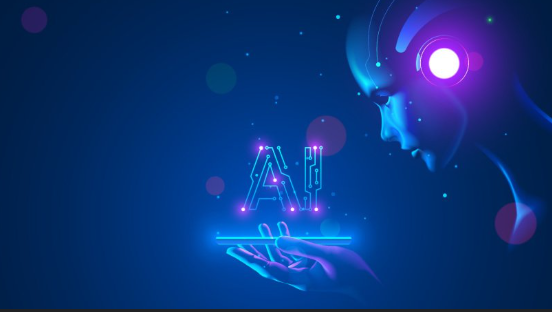
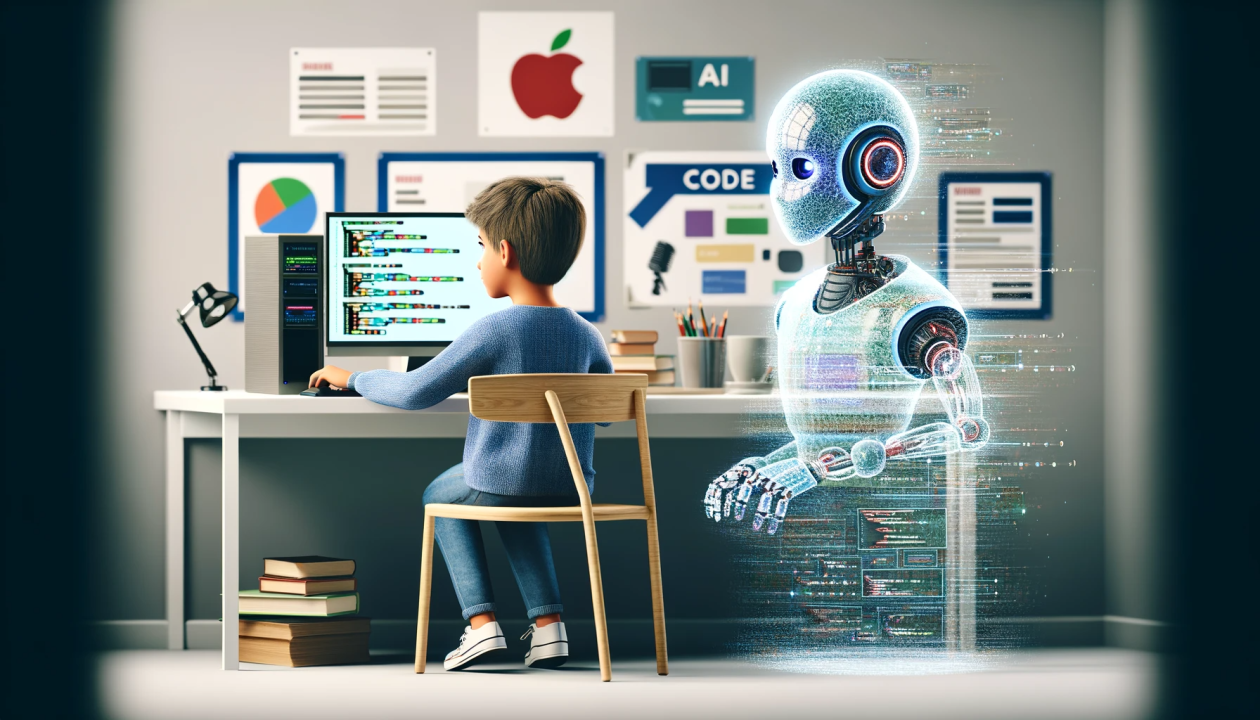
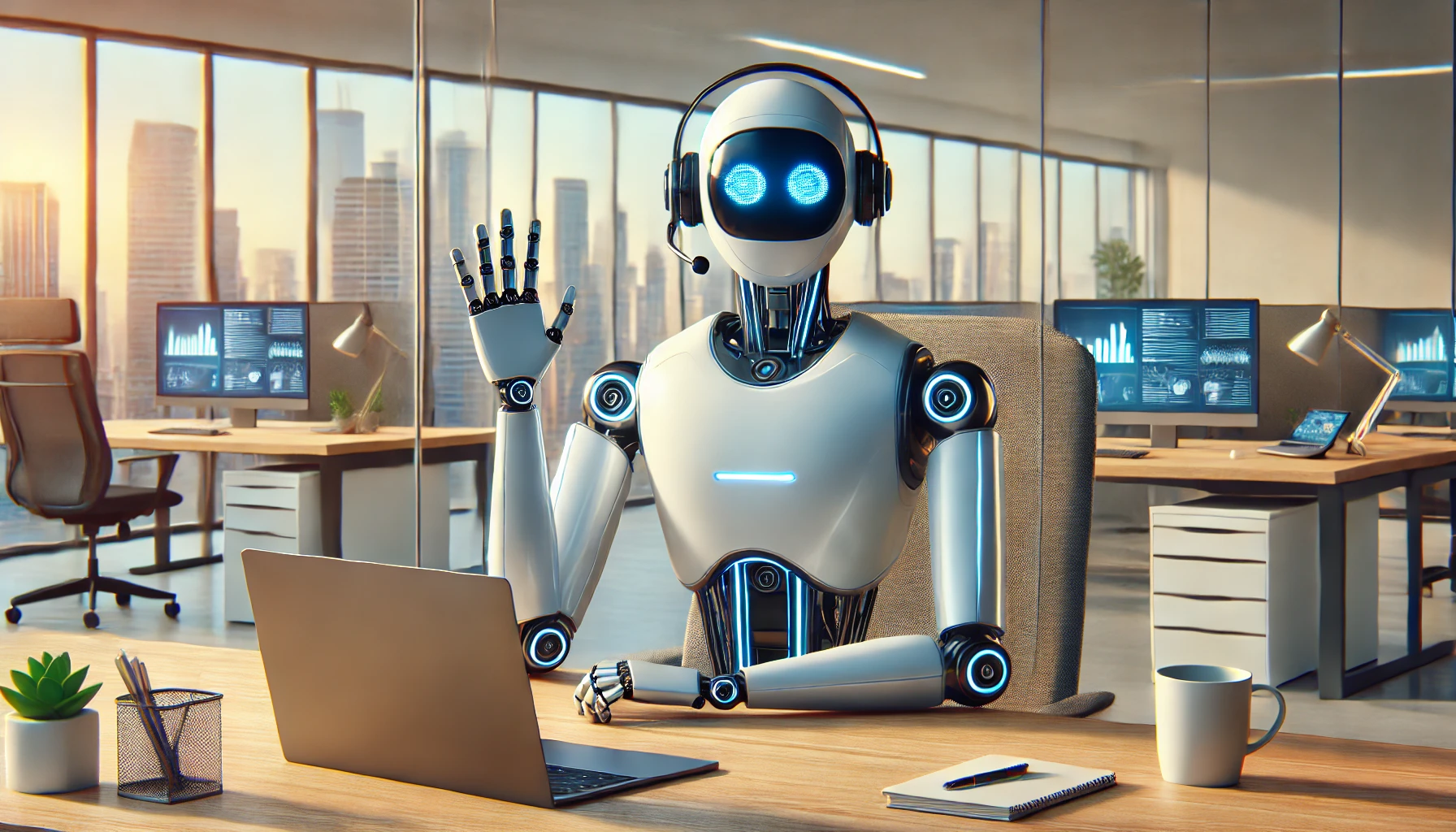
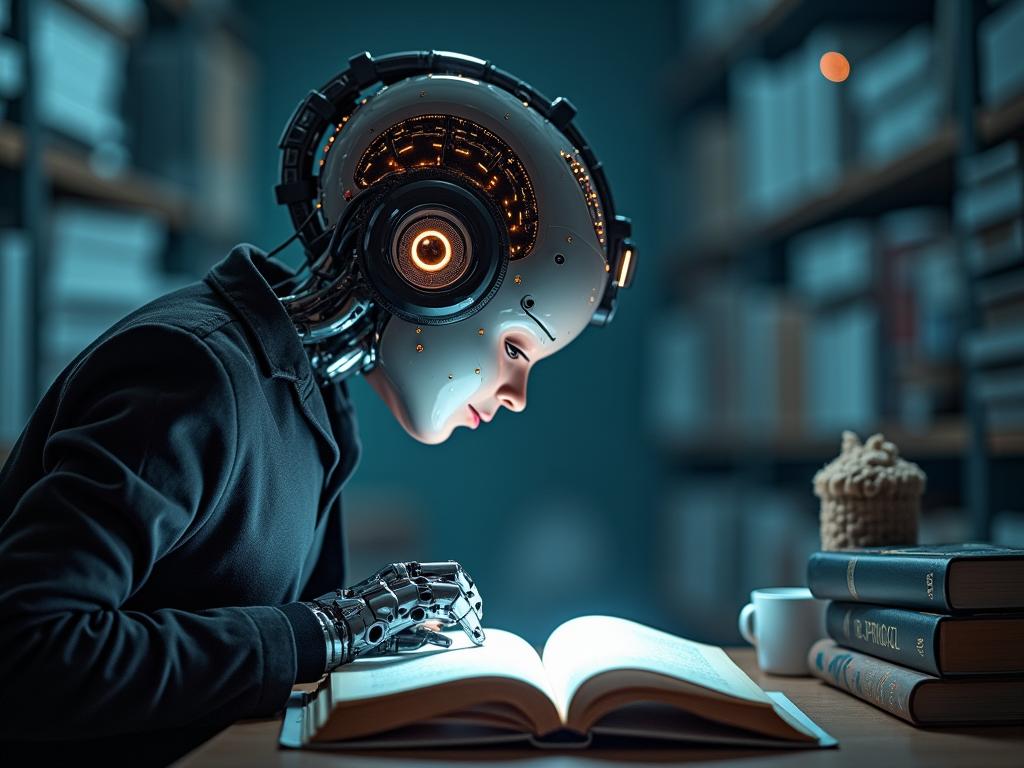
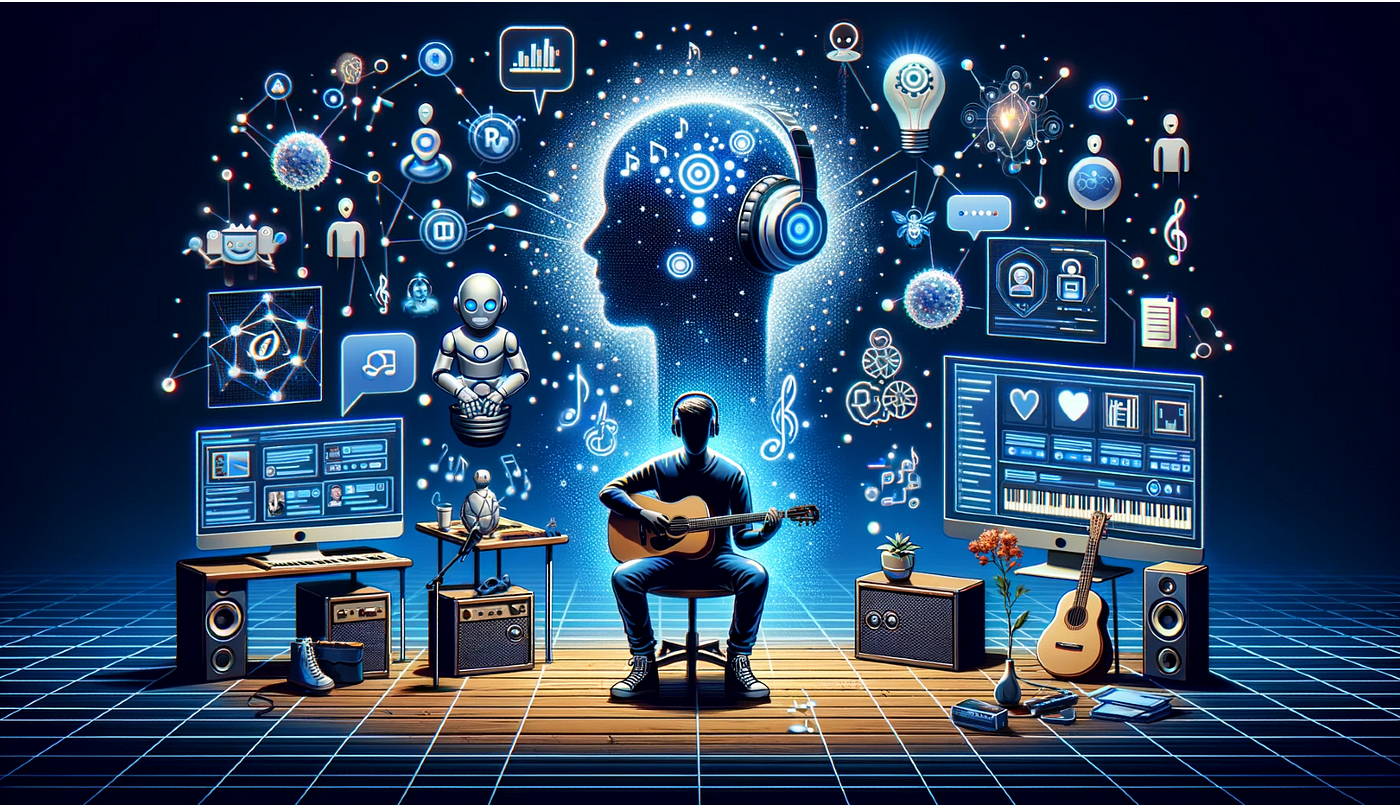
Leave feedback about this